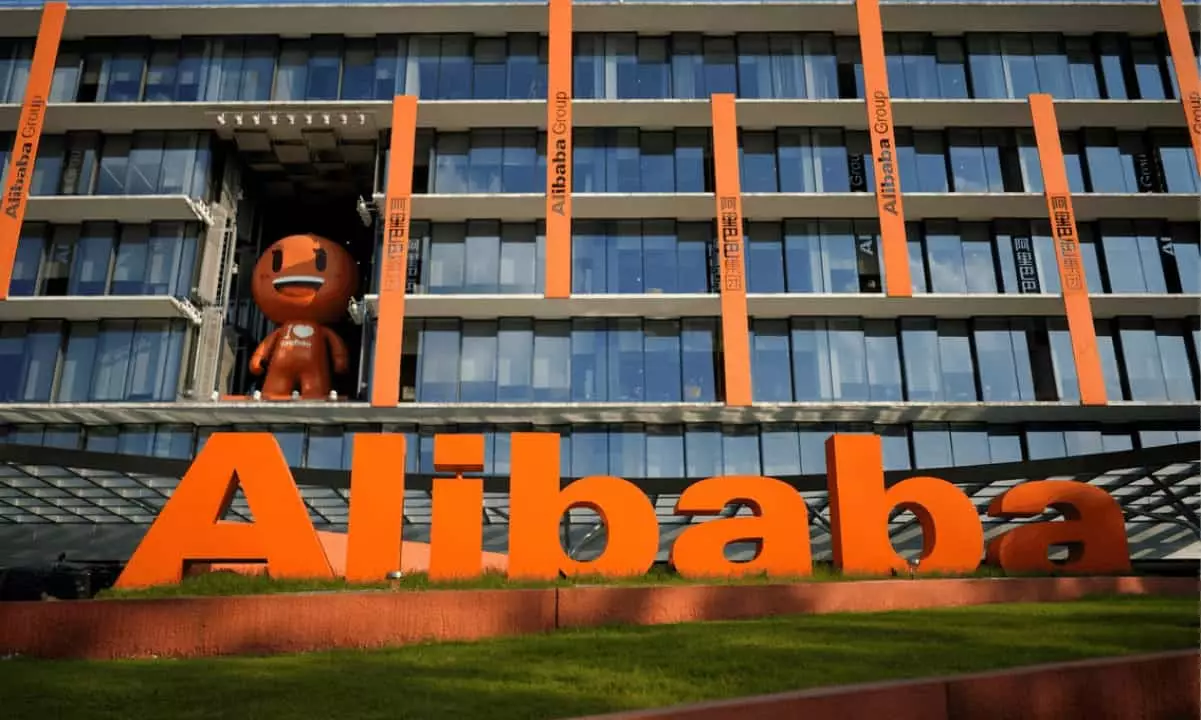In a significant move reflecting a broader trend across the technology landscape, Alibaba, the Chinese e-commerce giant, is scaling back its metaverse endeavors. The company’s Yuanjing division, responsible for metaverse operations, has seen substantial changes, including employee layoffs aimed at enhancing operational efficiency. This restructuring mirrors similar actions by other major firms as they recalibrate their strategies in response to shifting market dynamics.
Sources indicate that these adjustments have led to the termination of positions for “dozens” of employees, particularly affecting teams in Shanghai and Hangzhou, the latter being recognized as the capital of Zhejiang province. The scale of the layoffs points to the significant investments—amounting to billions of yuan—that were previously made in Yuanjing, demonstrating a shift from aggressive growth tactics to a more conservative, focused approach.
Despite the workforce reduction, Alibaba has emphasized that Yuanjing will continue its operations, albeit with a refined focus on metaverse applications, customer-centric services, and tools. This indicates a strategic pivot rather than a complete abandonment of the metaverse initiative, suggesting that Alibaba remains committed to exploring this innovative frontier but with a more measured strategy.
One of the more notable investments made by Alibaba in the metaverse realm includes a $60 million funding round in Nreal, a company that specializes in augmented reality (AR) glasses. Industry analysts have pointed out that AR, virtual reality (VR), and mixed reality (MR) technologies are likely to become the primary interfaces for users accessing metaverse platforms in the future. This investment underscores Alibaba’s acknowledgment of the importance of AR as a bridge connecting users to immersive digital experiences in the metaverse.
Additionally, Alibaba has been developing a cloud-based operating system designed to integrate the metaverse into gaming and industrial applications. This technology has potential implications across various sectors, highlighting the importance of adaptable solutions in leveraging metaverse functionalities.
Alibaba’s downsizing in the metaverse sector is not an isolated occurrence; it reflects broader industry trends. Companies like Meta Platforms have also signaled adjustments in their metaverse-related investments. Following the pivot towards artificial intelligence (AI), Meta laid off employees from divisions dealing with virtual reality technologies. Similar motions were observed at Baidu, where leadership changes pointed to an increased focus on AI after the advent of AI innovations like ChatGPT from OpenAI.
Interestingly, while the initial excitement surrounding the metaverse appears to have cooled, projections for its future remain promising. The global industrial metaverse market was reportedly valued at $22.4 billion in 2023 and is expected to grow at a remarkable CAGR of 29.5% from 2024 to 2032, reflecting an underlying optimism that might drive future developments in this space.
Alibaba’s metaverse downsizing signifies a critical juncture within the technology sector, confronting the dissonance between ambitious aspirations and practical realities. As the industry matures, the realignment of resources and talent suggests a strategy that prioritizes sustainable growth. While the excitement surrounding the metaverse may be tempered, the innovations born of this reevaluation could pave the way for a robust and strategically sound future for both Alibaba and the broader technology ecosystem.
















Leave a Reply